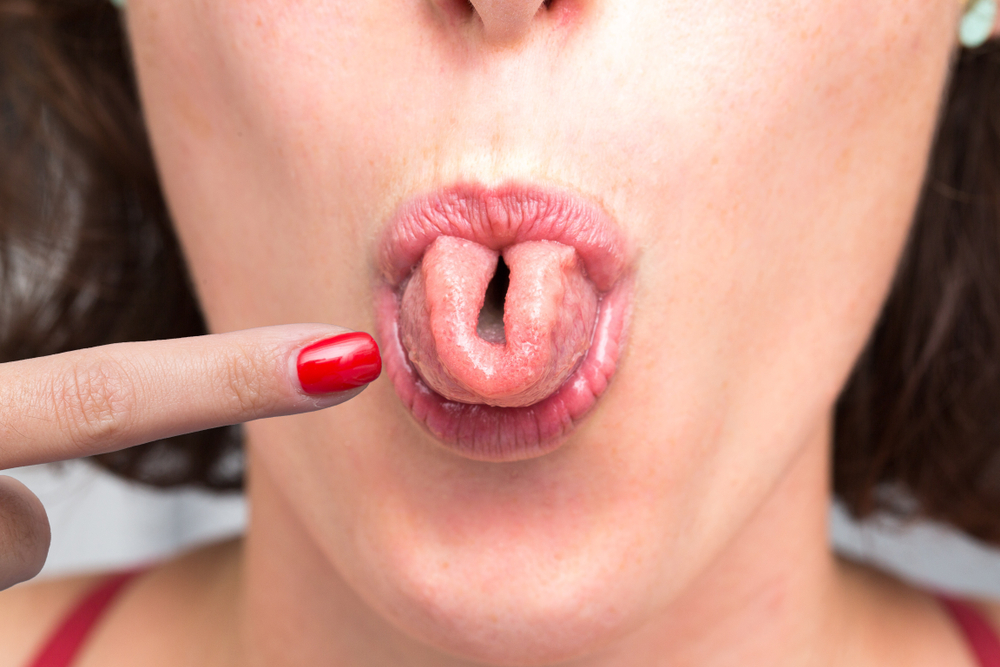Have you also wondered why not all people can fold their tongue?
Others are reading now
The human tongue, equipped with muscles working in unison, allows us to perform various movements such as folding, rolling, and stretching.
Despite this body part being a natural feature for most people, only a select few possess the intriguing ability to fold it into a ‘U’ shape, resembling a straw.
Experts Olavo Siqueira, a geneticist and oncogeneticist at Hospital Santa Lúcia; Samuel Nogueira, a geneticist at the Professor Edgard Santos University Hospital of the Federal University of Bahia; and Betânia Loures, a medical geneticist at the Fleury Group’s DLE, suggest that the capacity to fold the tongue may be linked to the flexibility of the tongue’s muscles and tendons, as well as the shape of the palate.
Also read
This characteristic seems to be influenced by external environmental factors, like lifestyle during childhood, but is primarily determined by genetics inherited from parents.
Research indicates that genetic inheritance is complex, involving multiple genes with minor effects. Moreover, the ability to fold the tongue can be learned, signifying that environmental factors also play a role in acquiring this skill.
Specialists note that there does not appear to be a direct evolutionary advantage associated with the ability to fold the tongue. Instead, it serves as an example of how human bodies can exhibit specific and uniquely complex genetic traits.


